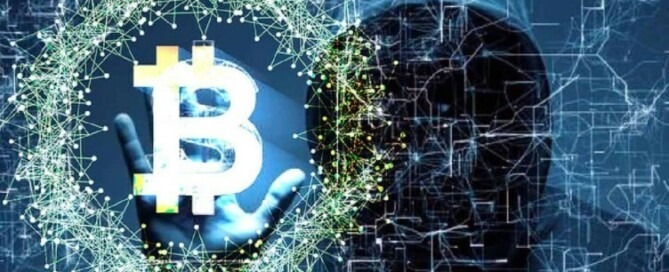Anger & Self-Radicalization – Recovery Psychology 2023
Anger & Self-Radicalization
How Scam Victims Radicalize Themselves
Recovery Psychology
Authors:
• Vianey Gonzalez – Licensed Psychologist Specialty in Crime Victim Trauma Therapy, Neuropsychologist, Certified Deception Professional, Psychology Advisory Panel & Director of the Society of Citizens Against Relationship Scams Inc.
• Tim McGuinness, Ph.D. – Anthropologist, Scientist, Director of the Society of Citizens Against Relationship Scams Inc.
Anger & Self-Radicalization – When A Relationship Scam Ends Victims Face Many Demons, From Shock To Fear & Horror To Desperation To Anger!
Anger can often be the default state when a scam is discovered, a victim’s world collapses and what they thought was real and certain is proved to be anything but. The desire for certainty in some victims can be overwhelming regardless of what the impact will be on them psychologically.
Many victims will give in to denial as a way of coping with the incredible trauma they experience. While others, more realistic know that something terrible happened to them and they need help to survive it. However, another group trying to cope with their fear transforms their fear into anger, using this as a way to stabilize their world and create certainty where none now exists.
















